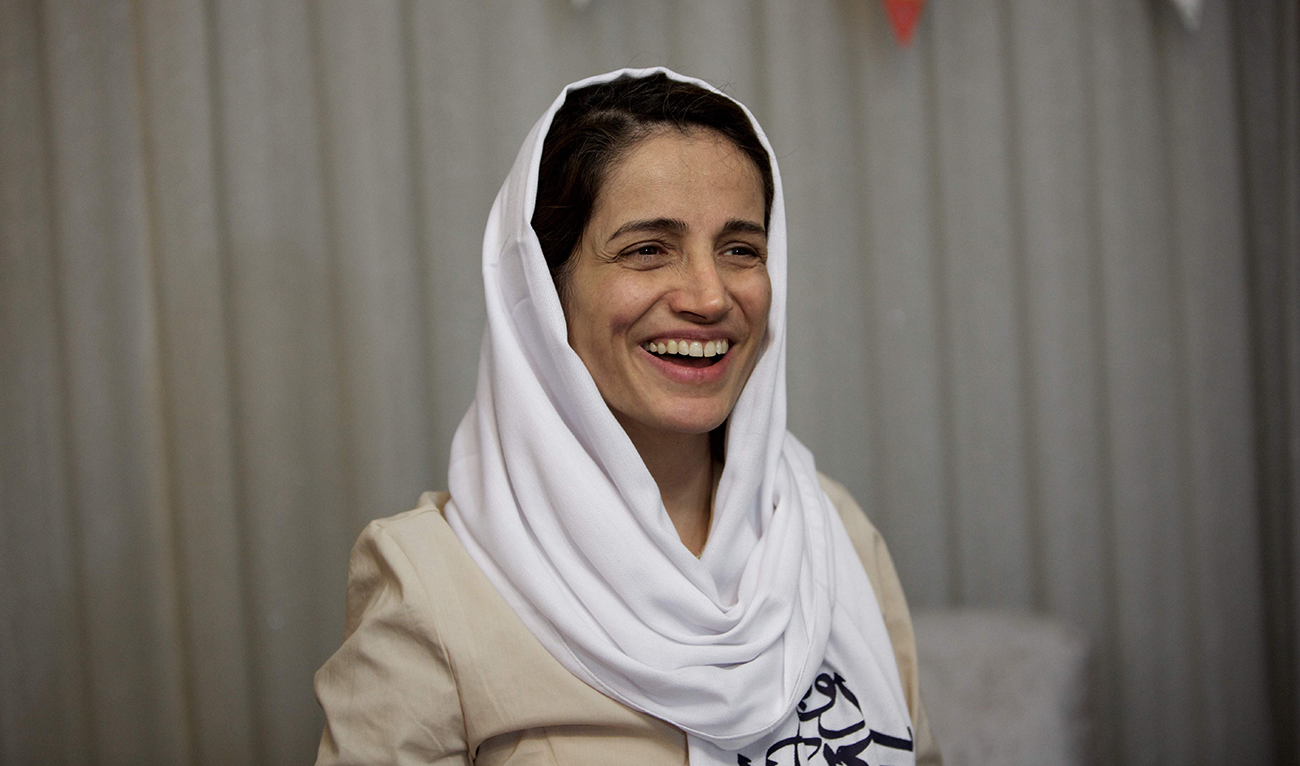CAIRO: Sudanese protesters took to the streets in the capital and across the country on Wednesday over dire living conditions and a deadly crackdown on demonstrators in the east earlier this month.
The protests came on the anniversary of a 1964 uprising that ended six years of military rule. Sudan is currently ruled by a joint civilian-military government, following the popular uprising that toppled longtime president, Omar Bashir, last year.
The demonstrations came a week after at least 15 people were killed and dozens were wounded in tribal clashes and a government crackdown against protesters in eastern Sudan. The violence broke out after Prime Minister Abdalla Hamdok earlier this month sacked Saleh Ammar, governor of the eastern Kassala province.
Footage circulating online showed protesters marching on Wednesday in Khartoum and its twin city, Omdurman, as well as in other cities across the country. Protesters set tires ablaze in some areas in the capital. There were no immediate reports of violence.
Security forces blocked off major roads, bridges and streets leading to the presidential palace and the military’s headquarters in Khartoum ahead of the demonstrations. The state-run SUNA news agency said the city center was in complete lockdown.
The “million-man march” was called by the so-called Resistance Committees, which were instrumental in the protests against Bashir and the generals who removed him from office and briefly held power. Other political parties and professional unions took part in the demonstrations.
The protesters are calling for the formation of a legislative body, which is supposed to happen as part of a power-sharing agreement they reached with the military last year.
They also demand results from an independent investigation into the crackdown against protests last year, including the deadly breakup of the main Khartoum protest camp in June 2019. The probe was supposed to have been completed by February, but investigators asked for an extension in part due to the coronavirus pandemic.
The transitional government has been struggling to revive Sudan’s battered economy amid a huge budget deficit and widespread shortages of essential goods, including fuel, bread and medicine.
Annual inflation soared past 200 percent last month as prices of bread and other staples surged, according to official figures.
Sudan’s economy has suffered from decades of US sanctions and mismanagement under Bashir, who had ruled the country since a 1989 Islamist-backed military coup.
The country has more than $60 billion in foreign debt, and debt relief and access to foreign loans are widely seen as its gateway to economic recovery. But access to foreign loans is linked to the removal of sanctions related to the country’s listing by the US as a state sponsor of terror.
President Donald Trump recently said Sudan will be removed from the blacklist if it follows through on its pledge to pay $335 million to American terror victims and their families. Sudanese officials welcomed Trump’s announcement which is widely seen as a key incentive for the east African country to normalize relations with Israel.
The terror designation dates back to the 1990s, when Sudan briefly hosted Osama bin Laden and other wanted militants.






